Kenyan Activist Mwabili Mwagodi Allegedly Abducted in Tanzania
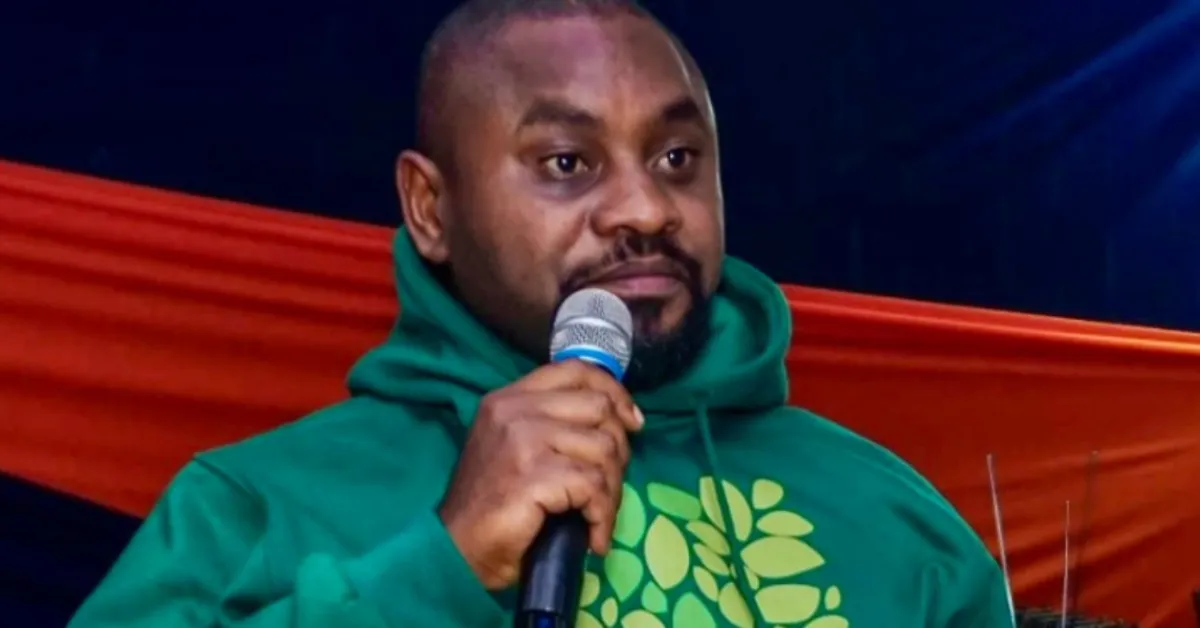
A Kenyan activist, Mwabili Mwagodi, known for his criticism of political influence within religious institutions, has been reported missing in Tanzania.
This intensifies concerns over the safety of human rights defenders operating across East Africa. Mwagodi was last seen on Wednesday, 21 July, while en route to Dar es Salaam. The disappearance has prompted Vocal Africa to condemn the Tanzanian government. Hussein Khalid, CEO of Vocal Africa, has accused President Samia Suluhu’s administration of targeting Kenyan activists.
"A Kenyan has been abducted in Tanzania. Again," Khalid said via social media. "It seems Samia Suluhu and her government are working around the clock to target Kenyan activists. Free Mwabili Mwagodi now."
According to Mwagodi's wife, he chose to travel by public transport, leaving his vehicle behind. Contact was lost during the journey, as his mobile phone was switched off. Subsequent attempts to reach him have been unsuccessful, raising fears of abduction. Confirmation of the incident came on Friday morning from Hussein Khalid, who said that Mwagodi’s family had contacted him directly.
Khalid's accusations come as the family believes Mwagodi's activism is the cause of his disappearance, especially his "Occupy the Church" campaign. This campaign challenges the acceptance of donations from political figures by religious leaders.
Initial attempts to file a missing person’s report were reportedly delayed by Tanzanian police, who instructed Mwagodi’s employer to wait 24 hours before submitting the complaint.
The BBC's Isabella Kituri, in contact with Khalid, confirmed that the family suspects abduction because of Mwagodi's activism. Mwagodi’s disappearance follows a pattern of alleged abductions targeting regional activists and journalists. In June, Kenyan activist Boniface Mwangi and Ugandan journalist Agather Atuhaire were reportedly abducted while in Tanzania to support opposition leader Tundu Lissu.
Both individuals were missing for several days before resurfacing near their respective national borders, displaying signs of physical abuse. Mwangi was found unconscious in Ukunda, Kenya, while Atuhaire was located at the Tanzania-Uganda border, reportedly exhibiting evidence of torture. Mwangi and Atuhaire have since filed a case before the East African Court of Justice, accusing Tanzanian authorities of unlawful detention, torture, and forced deportation.
Their petition implicates the governments of Kenya and Uganda, as well as the East African Community (EAC) Secretary General Veronica Nduva, for allegedly failing to protect their rights. Court documents allege that Mwangi and Atuhaire were initially held at the Immigration Department and Central Police Station before being transferred to undisclosed locations, where they claim to have endured severe mistreatment, including sexual violence.
Mwagodi’s activism, which originated in Mombasa where he worked as a hotelier, has consistently challenged both religious and political entities. In 2024, he travelled to Nyahururu to mobilise youth against the controversial Finance Bill, establishing himself as a persistent critic of President William Ruto’s administration.
Observers note that Mwagodi’s focus—targeting both political and religious institutions—places him at a vulnerable intersection of power.
His campaign against church donations has drawn ire from religious leaders aligned with political interests, while his broader activism has made him a target for state scrutiny. As of now, the Tanzanian government has not issued an official statement regarding his disappearance. The absence of comment from regional bodies and member states, concerning repeated abductions, has triggered calls for stronger safeguards for civil liberties.
Human rights organisations are advocating for immediate action to locate Mwagodi and ensure his safety. Vocal Africa has demanded transparency from Tanzanian authorities and called on the Kenyan government to intervene in the case. “These violations cannot be ignored,” said Khalid. “We are demanding accountability and justice at the highest regional level.”


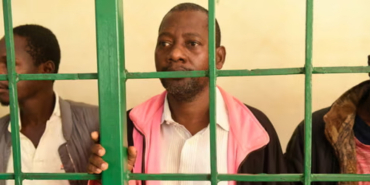
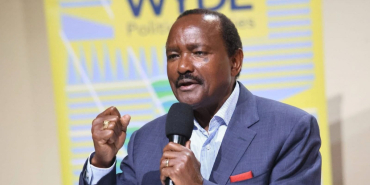
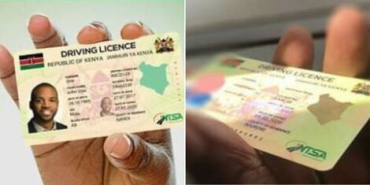
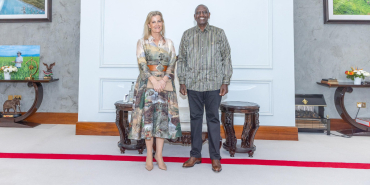
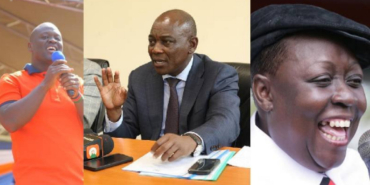
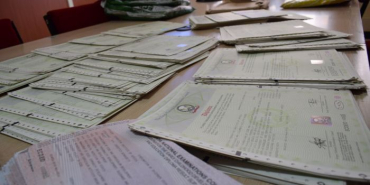

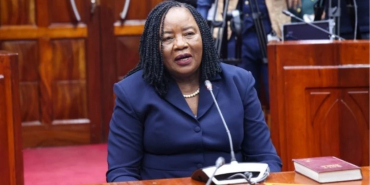

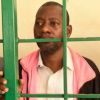


Add new comment